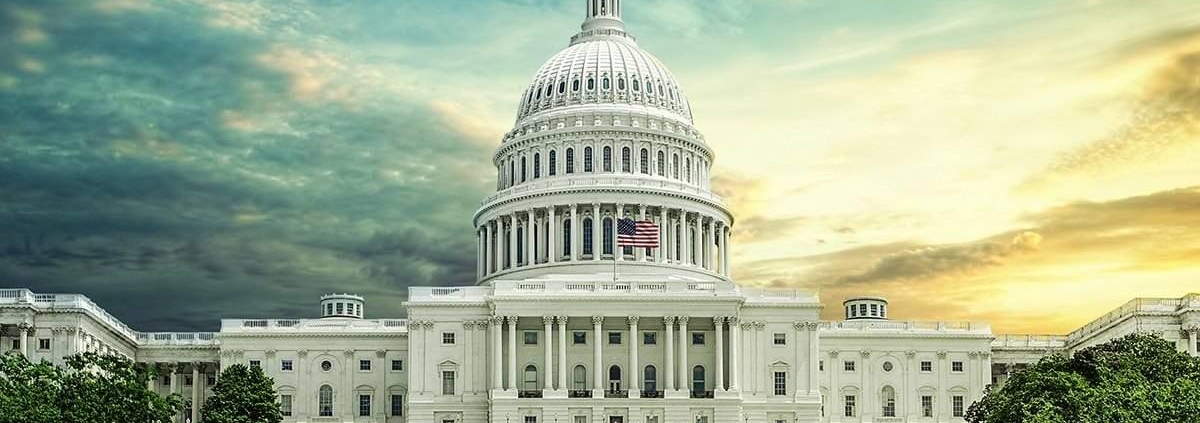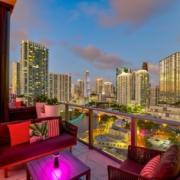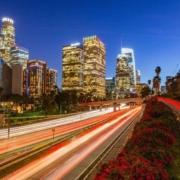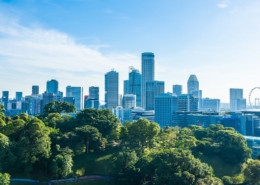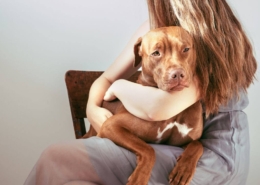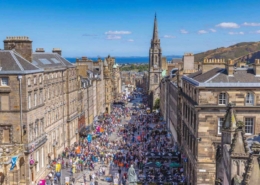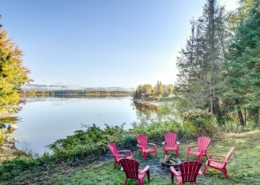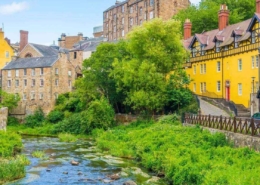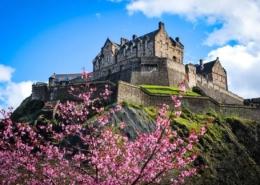Navigating the Regulatory Measures for Airbnb in Washington, DC
The Best US Cities for Airbnb Business
Airbnb in Washington, DC: A Good Investment
Introduction
Welcome to our comprehensive guide to navigating the regulatory measures for Airbnb in Washington, DC. This bustling city, teeming with historical and political significance, also boasts a vibrant short-term rental market, largely driven by platforms like Airbnb. However, becoming a successful host involves more than just creating a cozy space for guests. You must also navigate the complex world of local regulations to ensure compliance and protect your hosting business. This guide aims to shed light on these crucial aspects.
Explore Steps to Launch an Airbnb Business in Washington, DC.
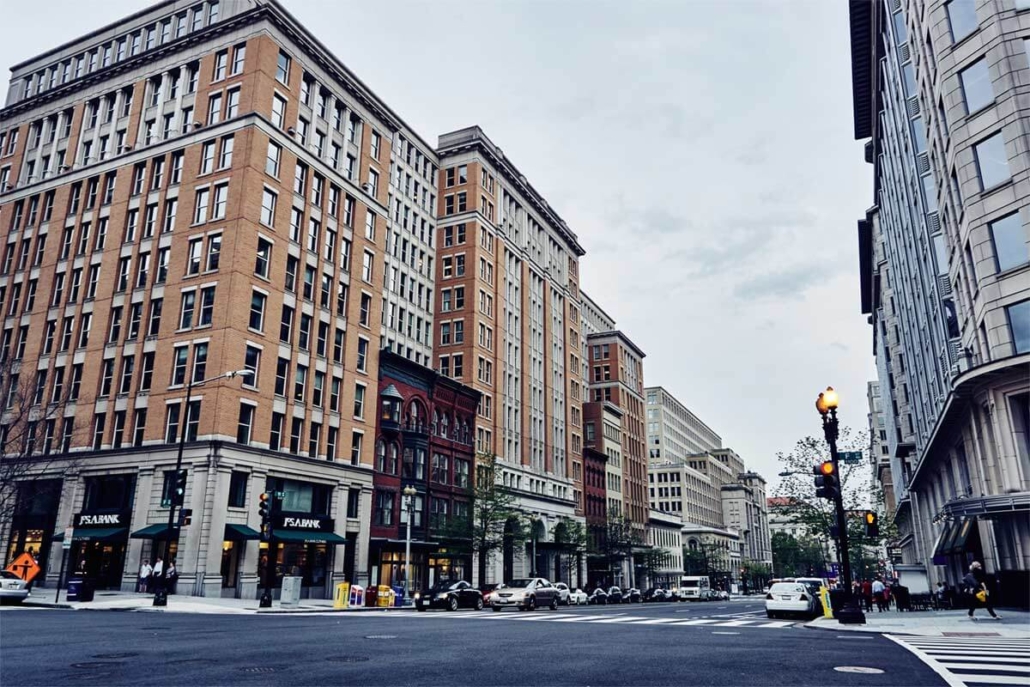
Regulatory Measures for Airbnb in Washington, DC
Understanding Washington, DC’s Primary Residence Requirement
The journey to becoming a short-term rental host in Washington, DC, begins with understanding the primary residence requirement. This rule mandates that the property you list must be your primary residence, significantly impacting how you structure your rental business.
Licensing: The Key to Legitimate Hosting
In order to legally host short-term rentals in Washington, DC, you need to obtain a license from the municipality. This process involves registering with the DCRA and obtaining either a short-term rental license or a vacation rental license. This process typically takes 3-5 days and involves a variety of requirements, including proof of a Certificate of Clean Hands and proof of liability insurance.
Useful links:
What Does Licensing Involve?
Step 1: Apply for a License
Applying for a license is the first step. Here, you need to register on the DCRA’s Short-Term Rental Licensing Platform. You’ll provide basic information and link your account to your home address, where the rentals will take place.
Step 2: Include Your License Number on Your Listing
Once you receive your license, the number should be included in your Airbnb listing. This transparency reassures potential guests that your rental complies with local regulations.
Step 3: Keep Track of Your Hosting Nights
Depending on your license type, you may need to track your hosting nights. While short-term rental licenses do not have a cap, vacation rental licenses cap off-site hosting at 90 nights per year.
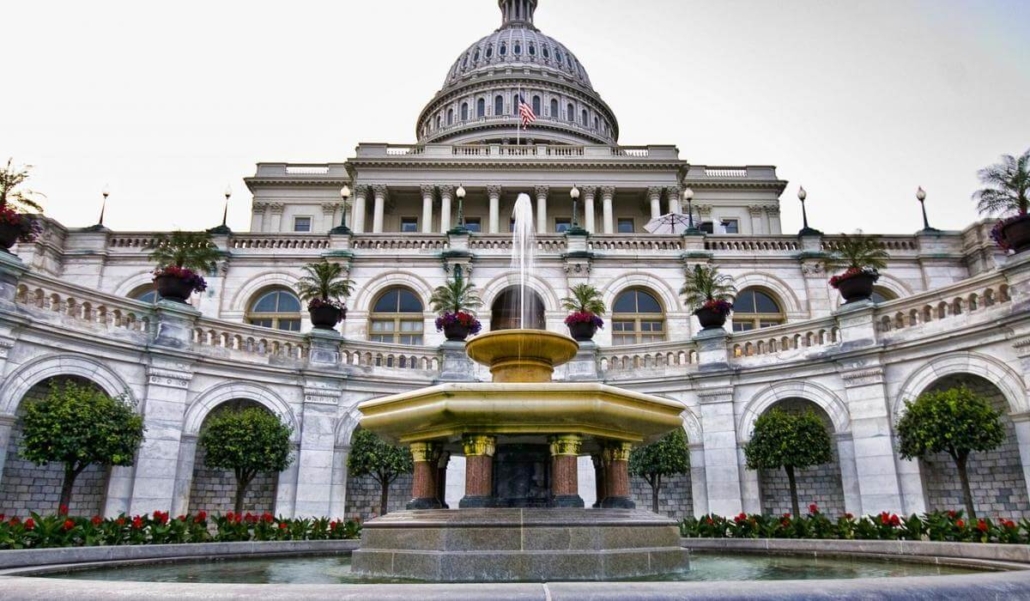
Adhering to Washington, DC’s Regulatory Measures for Airbnb
Maintaining Your License
Maintaining your license is a significant aspect of abiding by the District’s regulatory measures. Licenses must be renewed every two years, and all related information must be kept up-to-date.
Respecting Noise and Parking Ordinances
Being a respectful community member is another critical aspect of Airbnb hosting. This means adhering to local noise and parking regulations. Hosts should inform their guests about these rules to ensure smooth coexistence within the community.
Monitoring Changes in Legislation
Regulations are not static; they can change frequently. As such, hosts should monitor legislative updates related to Airbnb in Washington, DC, ensuring compliance and adapting hosting practices accordingly.
Understanding Airbnb’s Insurance Coverage
Host Damage Protection and Liability Insurance
Airbnb provides hosts with two forms of coverage: Host Damage Protection and Host Liability Insurance. These programs provide some level of coverage for property damage and liability incidents, but they do not replace the need for homeowners’ or renters’ insurance.
Read more about Airbnb Legal Issues and Statistics: Washington.
Airbnb and Leased Properties in Washington, DC
In Washington, DC, the legality of listing a leased property on Airbnb is not solely determined by local laws, but also largely depends on the specifics of your lease agreement and the permissions granted by your landlord.
Lease Agreement: While the city’s laws might allow it, your lease agreement could state otherwise. Many leases contain clauses that prohibit subletting or renting out the property without explicit permission from the landlord. So, even if you live on the leased property and it is your primary residence, you cannot list it on Airbnb if your lease agreement forbids it.
Landlord Approval: It’s crucial to seek your landlord’s approval before listing their property on Airbnb. Even if the lease does not explicitly forbid it, getting your landlord’s consent is both a legal precaution and a respectful gesture.
Homeowners Association (HOA) or Condo Board Rules: If the leased property is part of a homeowners association or condominium, they might have their own rules about short-term rentals. You need to comply with these rules in addition to your lease agreement and city laws.
To summarize, while it is potentially legal to list a leased property on Airbnb in Washington, DC, it’s subject to certain conditions, including local laws, lease agreements, and landlord approval. It’s recommended to consult with a legal expert to fully understand your rights and responsibilities.
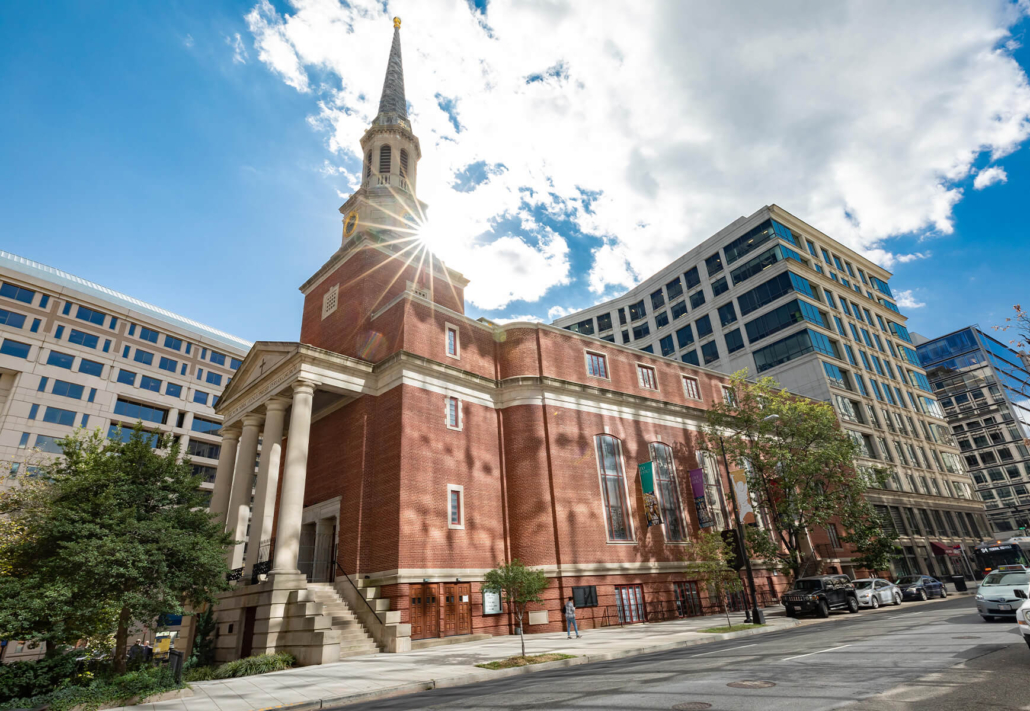
Conclusion
Navigating the regulatory measures for Airbnb in Washington, DC, may seem daunting at first glance. However, with a thorough understanding and careful adherence to these measures, you can ensure a smooth, rewarding hosting experience. Remember, being well-informed and proactive in compliance can save you from future headaches and pave the way for a successful short-term rental venture in the nation’s capital.
Frequently Asked Questions
Do I need to live in my property to list it on Airbnb in Washington, DC?
Yes, Washington, DC’s regulations require that the property you list be your primary residence.
Do I need a license to host on Airbnb in Washington, DC?
Yes, you need to obtain either a short-term rental license or a vacation rental license from the DCRA.
What are the noise regulations I should be aware of as an Airbnb host in Washington, DC?
Washington, DC’s noise regulations vary by zone. Generally, during the day, noise should not exceed 60 decibels in residential areas and 65 decibels in commercial areas. At night, these limits decrease to 55 and 60 decibels, respectively.
What is the significance of the Certificate of Clean Hands in the licensing process?
The Certificate of Clean Hands confirms that the property owner doesn’t have any outstanding debt with the DC Government. This certificate, issued within the last 30 days in the property owner’s name, is a requirement for the license application.
What happens if I exceed the 90-night limit for off-site hosting with a vacation rental license?
Exceeding the 90-night limit for off-site hosting could lead to penalties, including fines and the potential revocation of your license.
Does Airbnb’s insurance replace the need for homeowners’ or renters’ insurance?
No, Airbnb’s Host Damage Protection and Host Liability Insurance do not replace the need for homeowners’ or renters’ insurance. They provide coverage for specific incidents that occur during a stay and are designed to work in conjunction with, not replace, your existing insurance coverage.
Explore:
Seattle Airbnb Rules: An In-Depth Handbook for Hosts
The Evolving Landscape: Regulation of Airbnb in the City of Chicago

